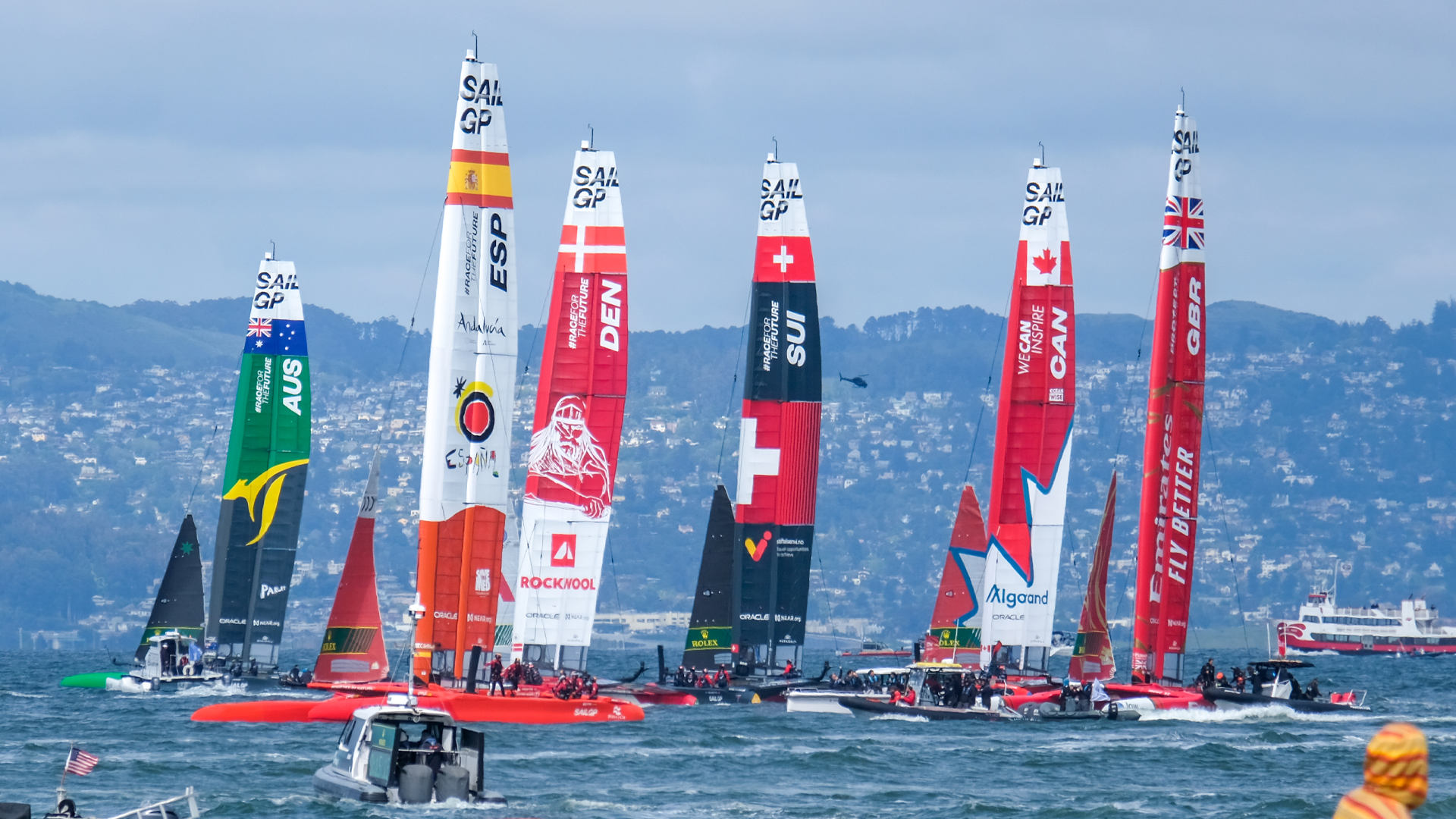What does the launch mean for the future of sustainable fashion? And, more importantly, do consumers want it?
Ask anyone, and they’ll probably tell you that sustainability is fashion’s new black. Eco-consciousness – authentic or not – has become the trendiest accessory of late, and brands are hitching a ride on the sustainability train anyway they can.
But amongst all the green-washing and false information, the fashion industry has also been one of the most disappointing proprietors of conscious consumption in recent years.
Too often, brands with terrible track-records launch empty sustainability campaigns and services, like ASOS’ so-called ‘circular collection’, or fast-fashion giant Shein’s constant attempts at green-washing.
That’s why, when a brand takes significant steps to re-work their production line, it’s worth talking about.
Mover is the latest fashion retailer to offer a conscious collection that doesn’t forfeit innovation.
The Swiss company, based in Lausanne, is the first to market 100% plastic free sportswear. Now, its teamed up with one of the world’s fastest growing sports leagues, SailGP, to produce the world’s first plastic free technical sportswear.
The news comes after SailGP conducted a survey of 1,500 people that found 72% of shoppers prefer ‘plastic-free’ performance wear over plastic-based alternatives.
It’s a demand that’s been unmet until now. In part because of the lack of understanding and education around sustainable clothes.
SailGP’s survey also found that 54% of respondents were unaware of the health and environmental impacts of chemicals used in synthetic clothing, while some were even unaware that their clothes contained any plastics at all.
Mover’s collaboration with SailGP will see a capsule collection available to purchase now, and the future development of high-performance sportswear for athletes to trial in a sailing environment.




















